Beauty Sleep: How Rest Impacts Your Skin and Hair
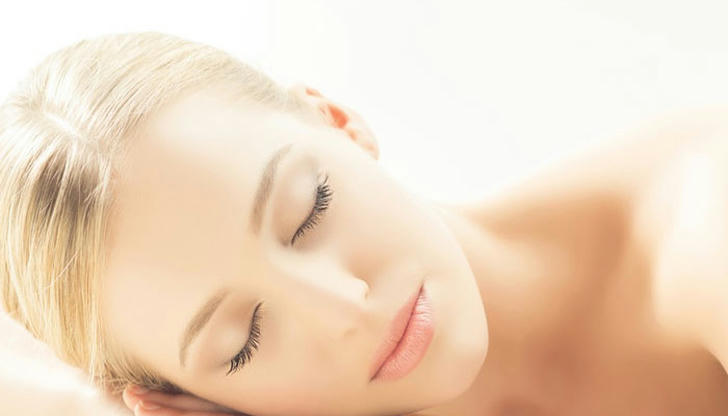
We’ve all heard the phrase “beauty sleep,” often used casually to justify a long nap or an early bedtime. But there’s more truth to it than many people realize. Sleep isn’t just a time for your mind to recharge — it’s when your body gets to work healing, renewing, and restoring itself. And yes, that includes your skin and hair. If you’ve ever woken up from a good night’s sleep with brighter skin and less frizz, that’s no coincidence. Beauty sleep is very real — and your pillow may be your most underrated beauty tool.
Let’s take a closer look at exactly what happens to your skin and hair while you sleep, how poor rest can sabotage your glow, and what you can do to improve the quality of your beauty sleep.
What Happens to Your Skin While You Sleep
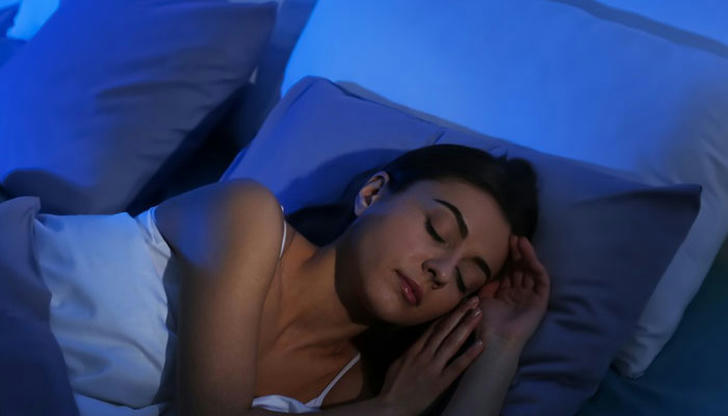
During sleep, your body enters a deeply restorative phase. Your skin, the body’s largest organ, shifts into repair mode. Cell turnover increases, meaning your body is busy replacing old, damaged skin cells with fresh, healthy ones. Blood flow to the skin also improves at night, giving your complexion a natural boost and helping reduce signs of fatigue and dullness.
Another key player in this process is collagen — the protein responsible for skin’s firmness and elasticity. While you sleep, collagen production increases, helping to repair fine lines and prevent sagging. When you don’t get enough sleep, your body produces more cortisol (the stress hormone), which can break down collagen and lead to premature aging.
Ever notice those dark under-eye circles after a restless night? That’s because lack of sleep causes blood vessels under the thin skin of your eyes to dilate. Fluid can also accumulate, leading to puffiness. Inflammation from sleep deprivation may also trigger breakouts or worsen skin conditions like acne, eczema, or psoriasis.
How Sleep Affects Hair Health
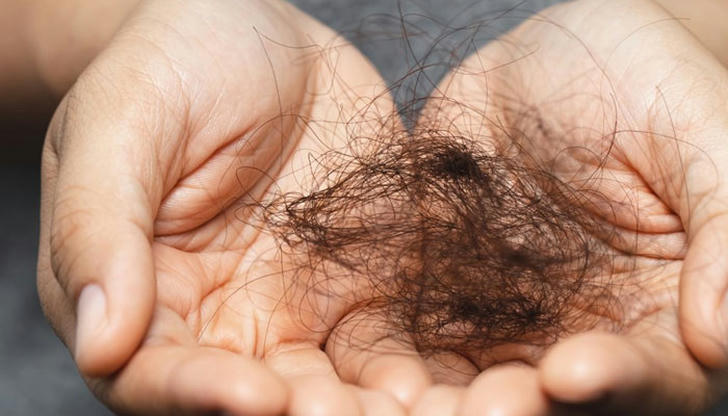
Your hair might not seem directly connected to your sleep habits, but the two are closely linked. Hair follicles are among the most metabolically active cells in your body. Like your skin, they rely on adequate rest to repair and grow. During the deep stages of sleep, your body restores energy and balances hormone levels — both crucial factors for hair growth and strength.
When you don’t get enough sleep, your body experiences increased levels of stress. This can throw off the hair growth cycle, leading to increased shedding or thinning. Sleep deprivation may also contribute to scalp issues such as dryness or inflammation, which can weaken hair roots and hinder growth.
In short, just like skin, your hair thrives when your body is well-rested.
Tips for Better Beauty Sleep
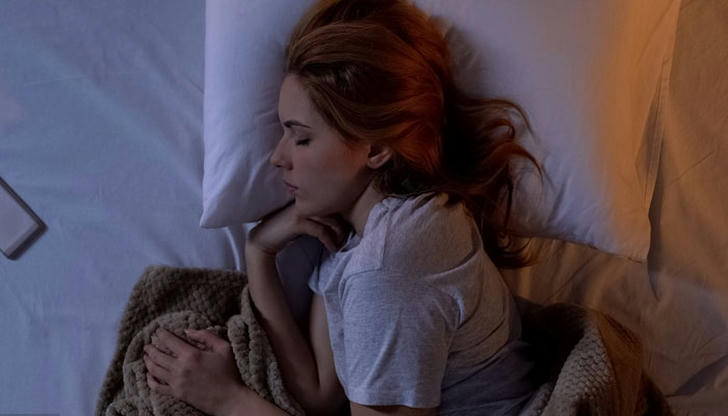
So how do you make the most of your time under the covers? Here are a few science-backed strategies to optimize your beauty sleep:
• Prioritize Quality and Duration
Aim for 7 to 9 hours of uninterrupted sleep each night. That means not just getting into bed early, but also ensuring your sleep is deep and restorative. Poor-quality sleep — even if it’s long — doesn’t provide the same skin and hair benefits.
• Set a Sleep Schedule
Your body loves consistency. Going to bed and waking up at the same time every day helps regulate your circadian rhythm, which controls your sleep cycle and repair processes. This makes it easier for your body to enter deep, healing sleep.
• Create a Sleep-Friendly Environment
Your bedroom should be cool, dark, and quiet. Keep your room between 60-67°F (15-19°C) and invest in blackout curtains if needed. Turn off electronics at least 30 minutes before bed — the blue light from screens can suppress melatonin, the hormone that helps you sleep.
• Establish a Nighttime Skincare Routine
Cleansing your face before bed removes dirt, oil, and makeup, allowing your skin to breathe and regenerate. Use nourishing products like serums or moisturizers that support overnight repair. Consider a silk or satin pillowcase — it’s gentler on both skin and hair, reducing friction, breakage, and sleep lines.
• Mind What You Eat and Drink
Avoid caffeine and alcohol close to bedtime — both can disrupt sleep. Also, skip heavy meals or salty snacks late at night, which can cause bloating and puffiness the next morning. Instead, opt for a light, sleep-friendly snack like almonds or chamomile tea if needed.
• Manage Stress Before Bed
A calm mind supports better sleep. Consider relaxing practices like gentle stretching, deep breathing, journaling, or reading a book before bed. Stress management isn’t just good for your mental health — it also supports healthier skin and hair.
Why Beauty Sleep Is Worth Prioritizing
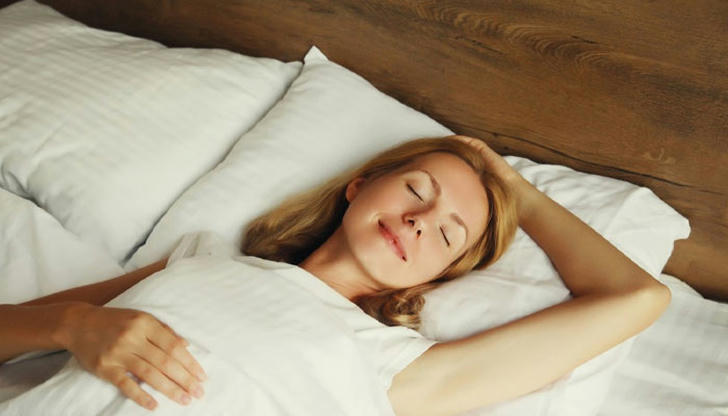
In a world obsessed with creams, serums, and salon treatments, sleep remains one of the simplest — and most powerful — beauty tools at your disposal. It costs nothing, requires no fancy ingredients, and delivers real, visible results.
When you sleep well, your skin glows, your hair shines, and your body feels more balanced. You wake up not just looking better, but feeling better. That inner sense of vitality is what true beauty is all about — it starts from within and radiates outward.
So the next time you’re tempted to stay up for one more episode or scroll a little longer, remember this: every extra hour of sleep is an investment in your skin, your hair, and your overall well-being.
Sleep well — and let your beauty rest do its magic.
